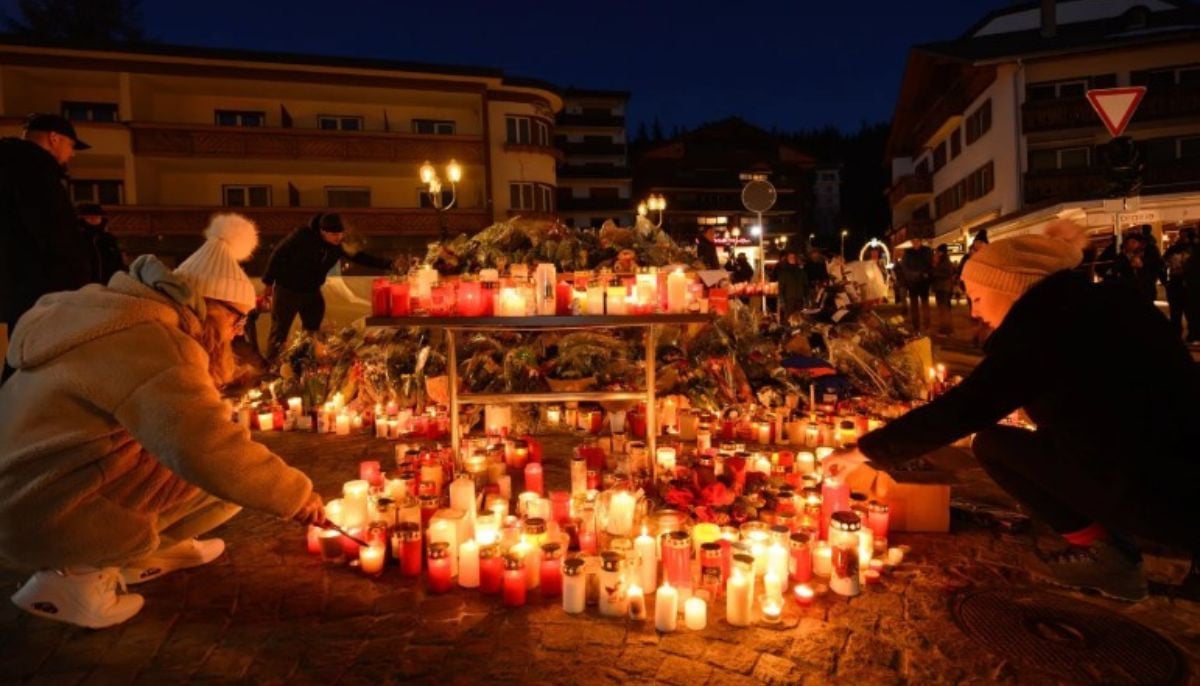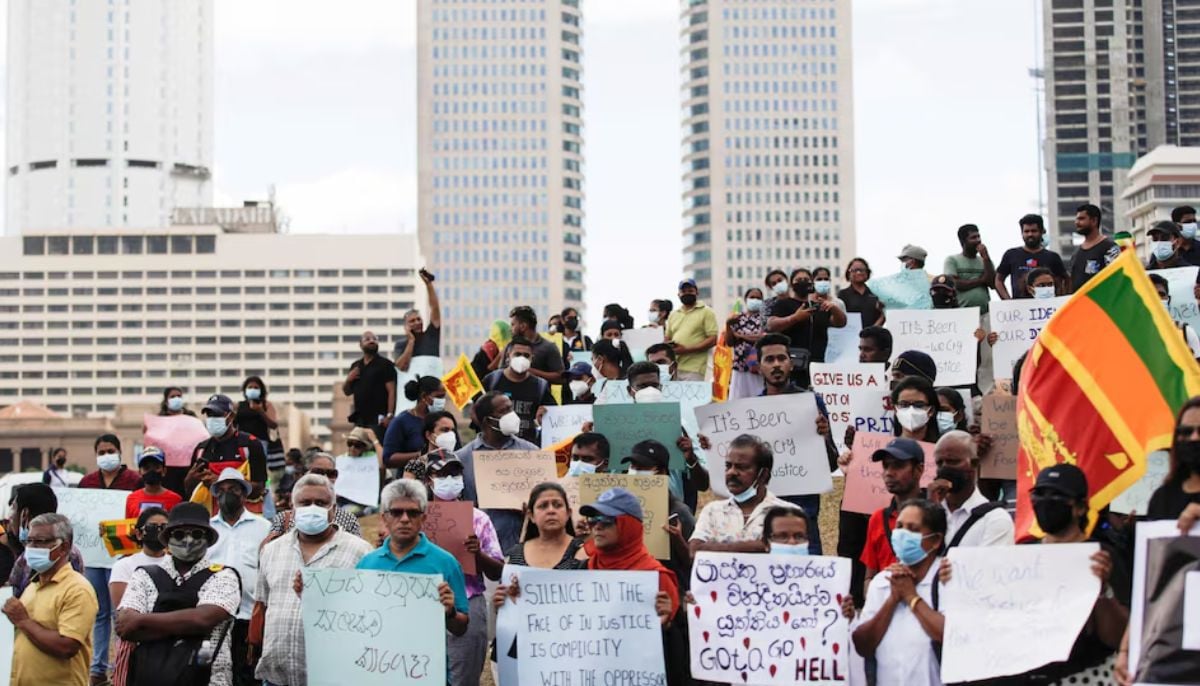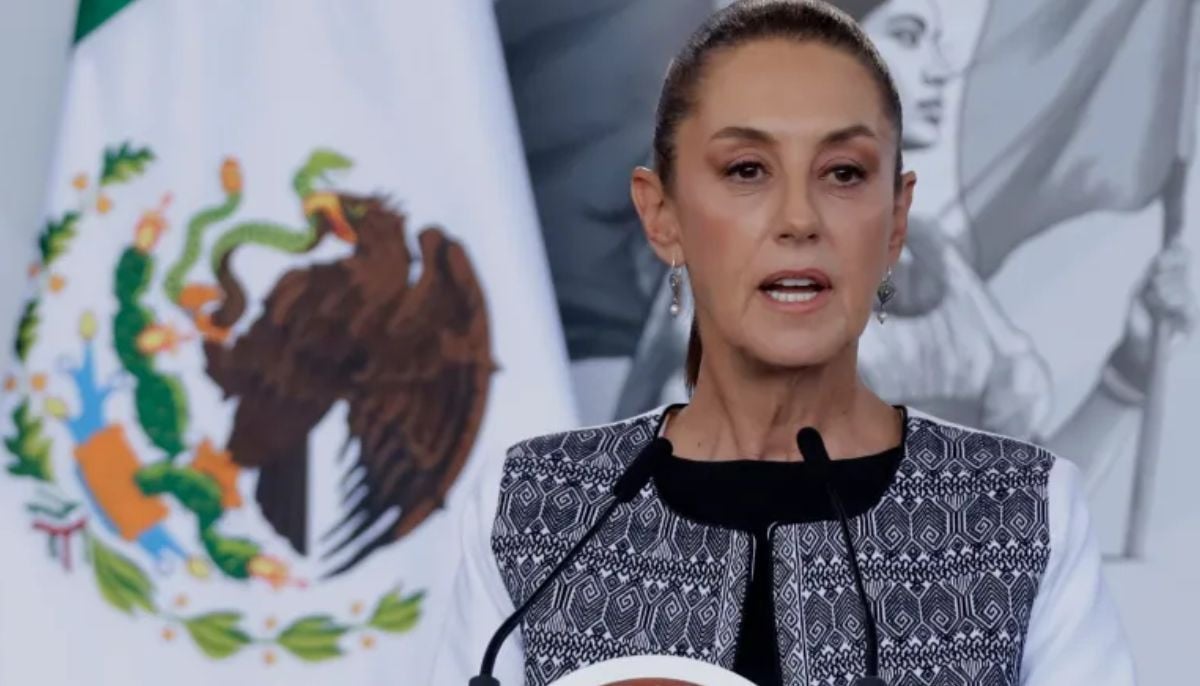Scientists say climate change increased deadly heat during Hajj by 2.5°C
Previous findings by scientists suggest, on average globally, heatwave is 1.2°C hotter than in preindustrial times
LONDON: Analysing the situation in Saudi Arabia where heatwave has claimed lives of 1,300 Hajj pilgrims, a team of European scientists Friday said climate change exacerbated the situation.
During the Hajj, between June 16 and 18, mercury rose to as high as 47°C (117°F) and touched even 51.8°C at the Masjid al-Haram.
ClimaMeter, in its analysis, said the temperature would have been about 2.5°C (4.5°F) cooler if human-caused climate change would not have influenced it.
ClimaMeter conducts rapid assessments of the role of climate change in particular weather events.
The scientists used satellite observations from the last four decades to compare weather patterns from 1979 to 2001 and 2001 to 2023.
Although dangerous temperatures have long been recorded in the desert region, they said natural variability did not explain the extent of this month's heatwave and that climate change had made it more intense.
The assessment also found that similar past events in Saudi Arabia occurred in May and July, but now June experiences more severe heatwaves.
"The deadly heat during this year's Hajj is directly linked to fossil fuel burning and has affected the most vulnerable pilgrims," said Davide Faranda, a scientist at France's National Centre for Scientific Research who worked on the ClimaMeter analysis.
Climate change has made heatwaves hotter, more frequent and longer lasting. Previous findings by scientists with the World Weather Attribution group suggest that, on average globally, a heatwave is 1.2°C (2.2°F) hotter than in preindustrial times.
Medical authorities generally do not attribute deaths to heat, but rather to the heat-related coronary or cardiac illnesses exacerbated by high temperatures. Still, experts said it is likely that extreme heat played a role in many of the 1,300 Hajj deaths.
"Saudi Arabia is one of the biggest oil producing nations in the world and they often act to frustrate and delay climate action. They need to realise their actions have consequences," said Mohamed Adow, director of nonprofit Power Shift Africa.
Saudi Arabia is the world's second-largest oil producer, after the United States, and state oil firm Saudi Aramco is the world's largest corporate greenhouse gas-emitter.
It is responsible for more than 4% of the world's historical carbon emissions, according to a database of emissions from carbon majors.
-
Former Sri Lankan intelligence chief arrested over 2019 Easter bombings
-
Mexico’s president considers legal action over Elon Musk cartel remark
-
Donnie Wahlberg responds to 'Boston Blue' backlash: 'Nobody was more disappointed than me'
-
Iran 'set to buy' Chinese carrier-killer missiles as US forces gather in region
-
Savannah Guthrie's fans receive disappointing news
-
Four people killed in stabbing rampage at Washington home
-
Jack Hughes's proximity to Trump angers Tate McRae fans
-
Nobel-winning scientist resigns from Columbia university after Epstein links revealed












